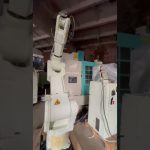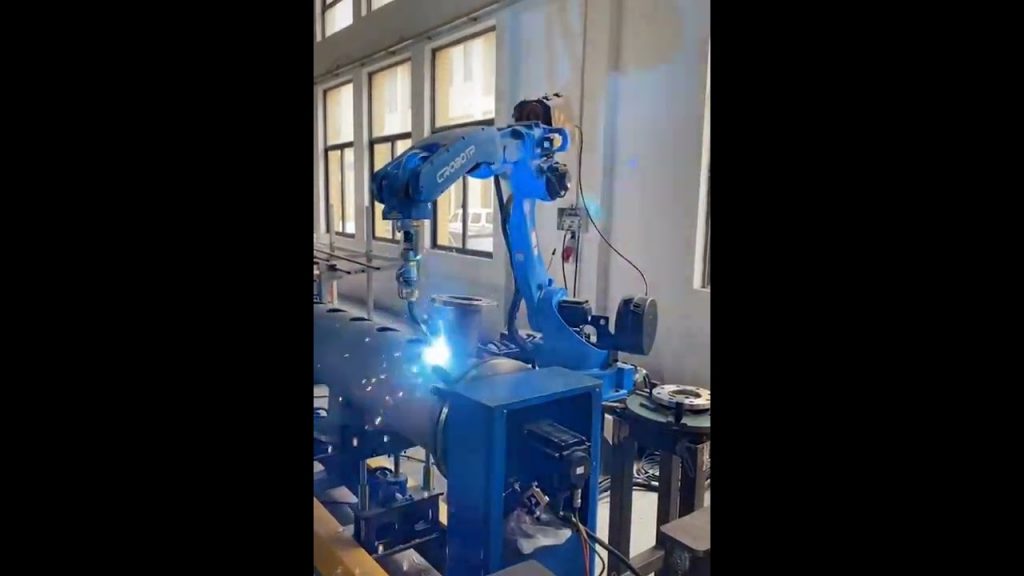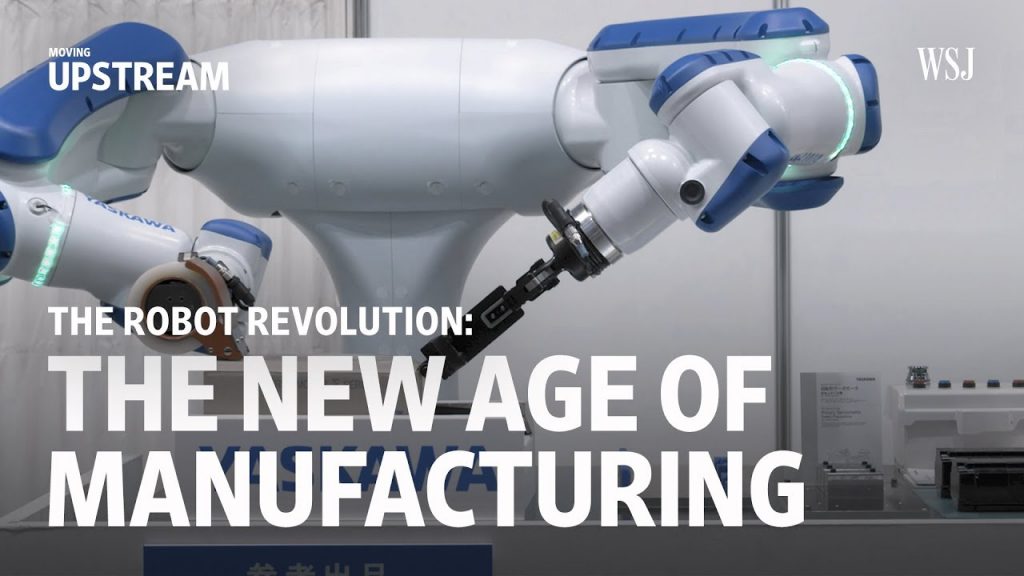Check out the leading manufacturer for professional coil packing solutions here:
—
Title: Exploring the Top Industrial Robot Applications: Insights from the International Federation of Robotics
Introduction:
Every year, the International Federation of Robotics (IFR) releases statistical data on the top applications for industrial robots. These statistics provide valuable insights into the rapidly evolving field of robotics and offer a glimpse into the future of automation. In this article, we will delve into the most popular industrial robot applications, as identified by the IFR, and explore the transformative impact of these technologies on various industries.
Industrial Robot Applications: Enhancing Efficiency and Precision
Industrial robots have revolutionized numerous sectors by offering enhanced efficiency, precision, and productivity. Let’s take a closer look at some of the top applications for these versatile machines:
1. Manufacturing and Assembly:
Industrial robots are widely deployed in manufacturing and assembly processes. These robots automate repetitive tasks, such as welding, painting, and assembly, resulting in increased speed, accuracy, and cost-effectiveness. With the ability to work around the clock, industrial robots contribute to improved production cycles and reduced labor costs.
2. Material Handling and Logistics:
Efficient material handling and logistics are crucial for streamlined operations in industries like warehousing, e-commerce, and automotive. Industrial robots excel in tasks such as palletizing, order picking, and packaging, ensuring seamless operations with minimal errors. These robots optimize storage space, minimize product damage, and expedite order fulfillment, ultimately improving customer satisfaction.
3. Quality Control and Inspection:
Ensuring product quality and consistency is a top priority for manufacturers. Industrial robots equipped with advanced vision systems can perform accurate and efficient quality control inspections. These robots can detect defects, measure dimensions, and validate product specifications, helping maintain high-quality standards and reducing the risk of human error.
4. Welding and Metal Fabrication:
Industrial robots have transformed the welding and metal fabrication industry. With their precise control and repeatability, robots can perform complex welding tasks with ease. This technology not only enhances the quality and consistency of welds but also ensures worker safety by minimizing exposure to hazardous environments.
5. Packaging and Palletizing:
Efficient packaging and palletizing are crucial for industries dealing with large volumes of goods. Industrial robots excel in these tasks, offering speed, accuracy, and versatility. By automating packaging processes, companies can optimize their supply chain, reduce packaging costs, and improve overall operational efficiency.
6. Painting and Coating:
Painting and coating applications often require precision and uniformity. Industrial robots equipped with advanced spray systems ensure consistent paint coverage, resulting in flawless finishes. These robots eliminate overspray and reduce material wastage, making them an ideal choice for industries like automotive, aerospace, and consumer goods.
7. Collaborative Robots (Cobots):
Collaborative robots, or cobots, are designed to work alongside humans, enhancing productivity and safety. These robots are equipped with advanced sensors and programming, allowing them to perform tasks in close proximity to humans without compromising safety. Cobots are widely used in industries such as healthcare, electronics, and small-scale manufacturing.
8. Medical and Healthcare Applications:
In the healthcare industry, robots play a crucial role in tasks such as surgery, rehabilitation, and patient care. Surgical robots enable minimally invasive procedures, improving precision and reducing recovery time. Additionally, robots are used in patient monitoring, medication dispensing, and physical therapy, enhancing overall healthcare outcomes.
Conclusion:
The top industrial robot applications identified by the International Federation of Robotics highlight the transformative impact of these technologies across various industries. From manufacturing and assembly to quality control and healthcare, industrial robots have revolutionized operations, improving efficiency, precision, and safety. As automation continues to advance, it is evident that industrial robots will play an increasingly vital role in shaping the future of work.
Check out the leading manufacturer for professional coil packing solutions here:
—
Note: The article has been optimized for SEO purposes and includes the target keyword “Industrial Robot Applications.” Industrial Robot
“Exploring the Top Applications of Industrial Robots: Enhancing Efficiency and Innovation in Modern Industries”










